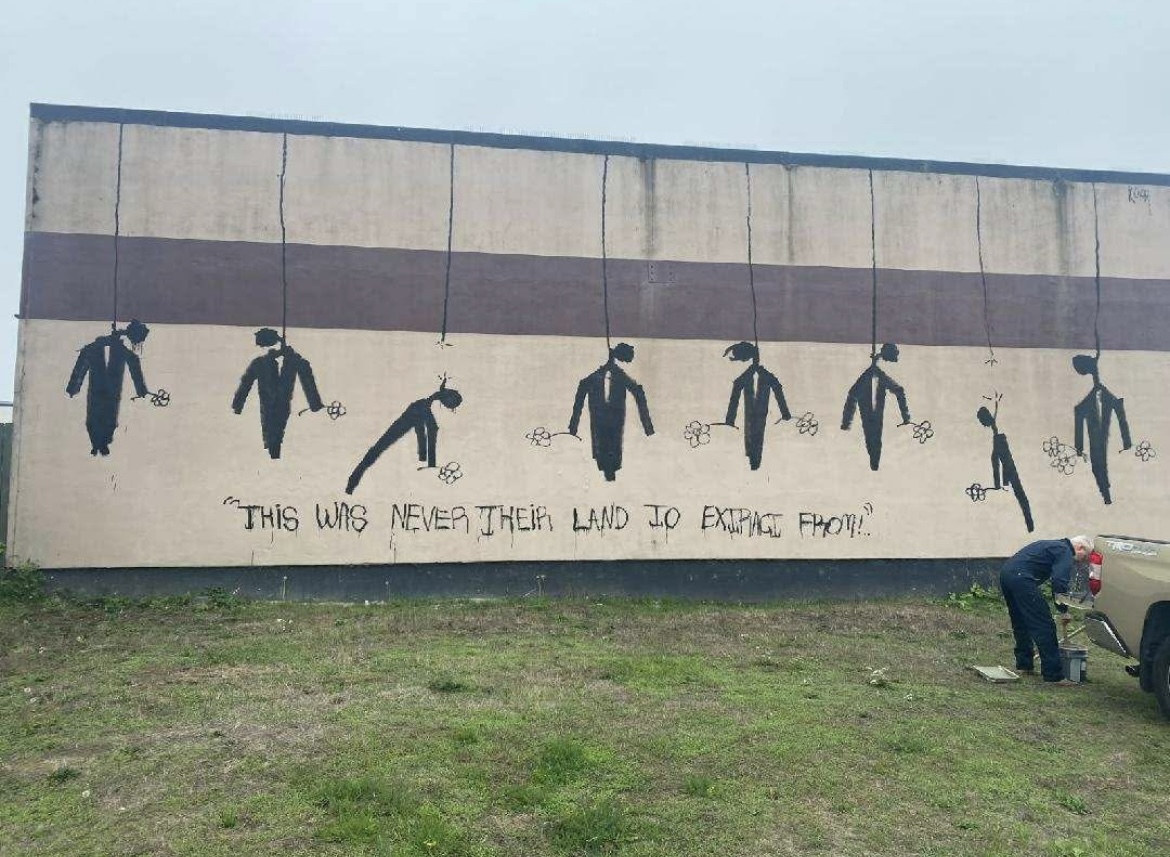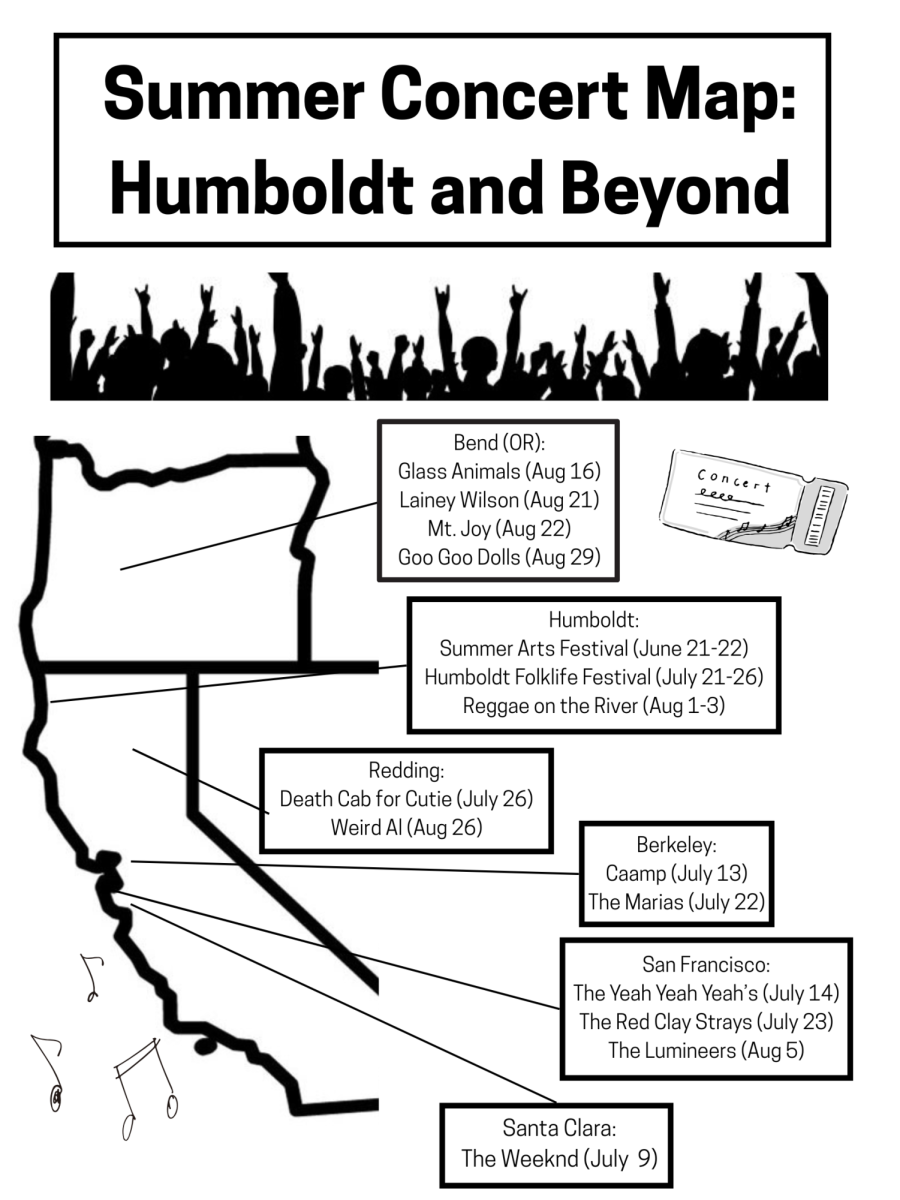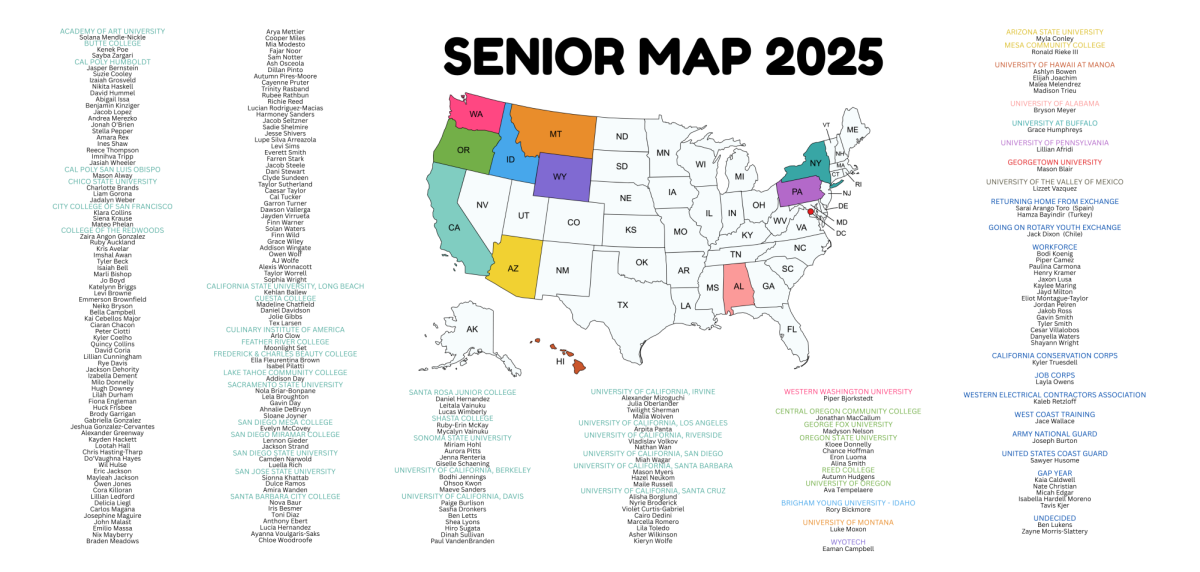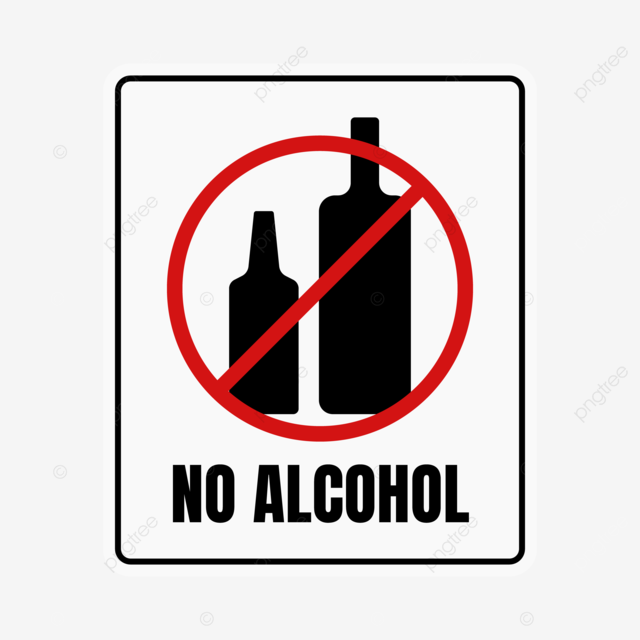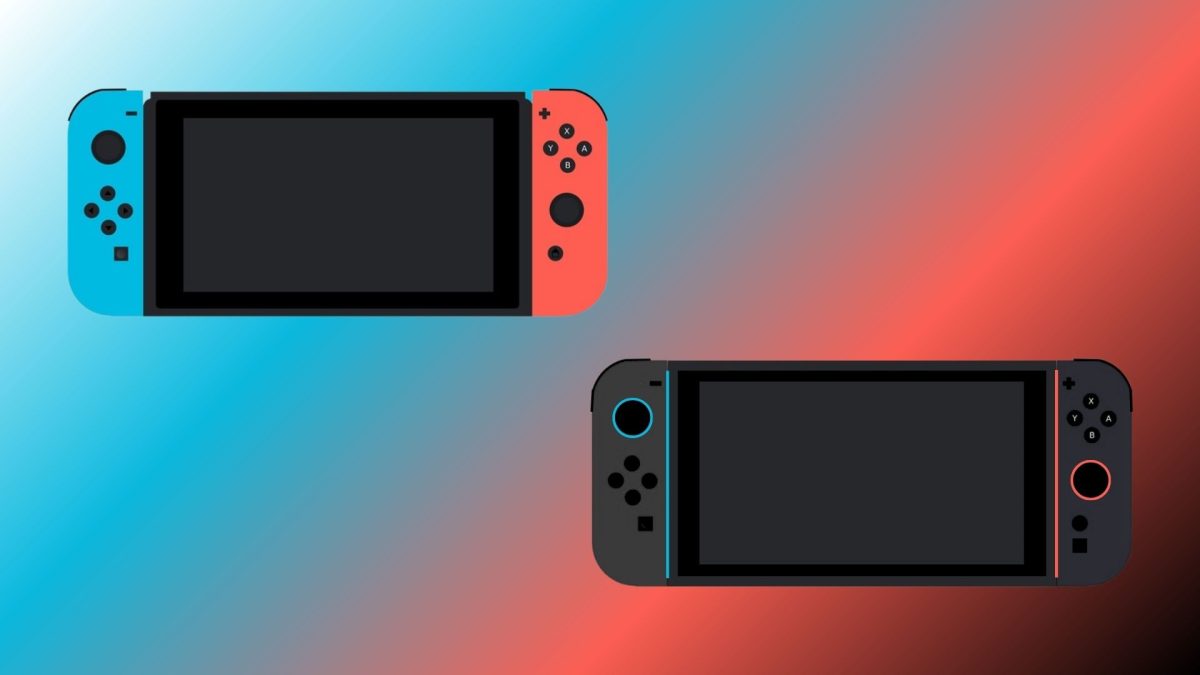It’s time to empty your pockets and drain your savings! Is a Black Friday bargain worth your hard-earned money, or should you reconsider before adding it to your cart?
The core of Black Friday is American consumerism and self-gratification. In a sense, this is also the day’s biggest fault. Overconsumption runs rampant among shoppers and businesses alike as they prepare for and shop the biggest sales of the year.
On a chilly Friday morning, people line up outside of stores with their friends, families, and complete strangers, eager to get inside. Many of these consumers are still satiated with the big Thanksgiving meal that they had shoveled in the night before. However, food is not what they are on the hunt for at these stores.
The hype of Black Friday shopping began in Philadelphia in the 1950s. Consumers crowded the streets, eager to get a move on their holiday shopping. The day’s name initially had a negative connotation associated with it, as law enforcement faced high stress in congested cities. However, Black Friday has since moved to be more online. As internet outlets and company websites have become more prominent over the years, they have removed the need to go out and shop in person.
Tactics used in Black Friday sales and marketing evoke the “fear of missing out” (FOMO) in consumers, causing them to hastily purchase unnecessary items simply because they are worried that they will never see this price again. In reality, many businesses do not lower prices as much as advertised, as they will increase prices in the months leading up to this day to offset the drop.
Upon conducting a short survey of students and parents, 7 of 12 stated that they participated in Black Friday “deals,” and all seven of them bought their products online.
One way to combat the consumerism that results from Black Friday is to instead engage in local sales.
Small Business Saturday is a tradition that has been picked up in towns throughout the nation, with the intent of removing attention from large online retailers to give focus to local businesses instead. It was started by an American Express campaign in 2010 to remove attention from big box sellers to support small businesses in the wake of the economic recession in 2008. These businesses tend to sell goods that are more sustainable than large corporations do, as well as having products with individuality that is not seen in mass production.
The same students and parents were also surveyed about their knowledge of Small Business Saturday, and shockingly, only 3 of the 12 were even aware of its existence.
Another option to combat consumerism would be to repurpose pre-existing items in your home.
Many at-home D.I.Y. activities can be easily found on the internet for countless household needs. One example would be using a cardboard box and blanket to construct a pet bed. A decent number of sources will provide good ideas on other products.
Black Friday falls around the time of year when people are doing their holiday gift shopping, and it is important to remember that gifts can be made from home. Handmade gifts are far more heartfelt than those that are store-bought, while also being recycled from items in your house.
These alternatives are important to keep in mind when doing your shopping. Making discount purchases may be convenient, but it is essential to slow down and think before buying.

